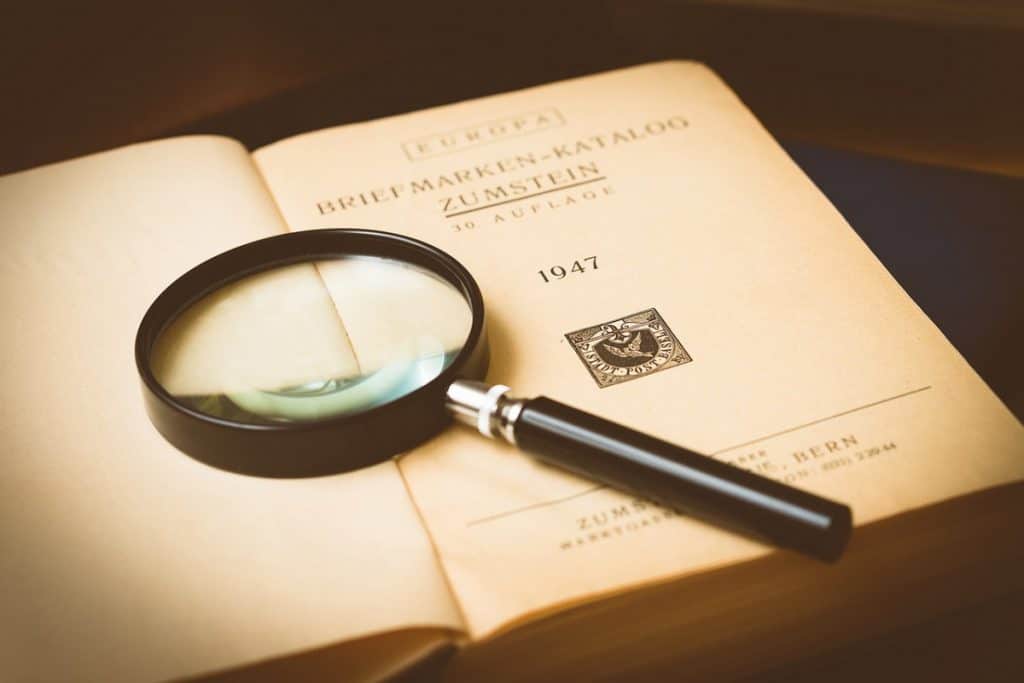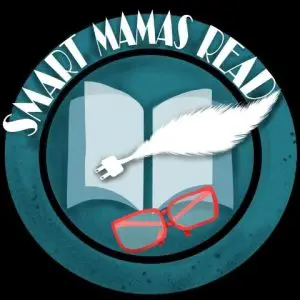
During my decade as a bookseller, I helped scores of customers searching for books. It was easy to help people who knew exactly what they wanted, but the real trick was helping the customer with a fuzzy notion about what they needed.
If you have trouble finding the best books for you, nailing down your favorite book genre will help you find the books you love faster.
Take it step by step. First, acknowledge the overwhelm, then try books from a wide spectrum of genres, rate your favorites, identify the qualities you love, pinpoint the genres with those qualities or create your own like I did.
If that sound like too much research and too much analyzing, consider the sunk cost of hundreds of hours reading the wrong books. Where would you rather spend your time?
Acknowledge the Overwhelm
There’s A LOT of book genres. That’s great, because it means there’s one or two or ten that you’ll love.
The problem is that there’s TOO MANY.
How many and what are they? Amazon has a broad category list.
- romance
- fantasy
- science-fiction
- non-fiction
- history
- mystery
- horror
- historical fiction
- love
- historical romance
- biography
- thriller
- contemporary
- graphic novels
- classics
- memoir
- suspense
- young adult
- children
- women
- middle grade
How about subgenres? How many are there and what are they?
Certainly the number and names of all the subgenres can be debated.
Amazon lists more than 16,000.
Tonya Thompson identified 144 subgenres of fiction in her blog post for writers of fiction.
For example, she lists 22 different subgenres in the Mystery genre. She outlines the characteristics for each one and examples of titles in the subgenre.
- Amateur Sleuth
- Bumbling Detective
- Caper
- Child in Peril
- Children’s Story
- Cozy
- Culinary
- Disabled
- Doctor Detective
- Furry Sleuth
- Hardboiled
- Historical
- Howdunit
- Legal
- Locked Room
- Multicultural and Diverse
- Paranormal
- Police Procedural
- Private Detective
- Whodunit
- Woman in Peril
- Young Adult
Decide Why You Read
This will help you narrow down the options.
Are you looking for information or entertainment?
As a general rule, reading for information means sticking with non-fiction genres. Reading for entertainment usually means fiction.
Anne Bogel’s podcast, What should I read next? is popular because she’s nailed the reader’s dilemma— finding the next great read.
Try Books from a Wide Spectrum of Genres
Once you’ve pinpointed your motivation to read build your book stack of selections from a generous variety of genres and subgenres.
Pick a Western and a Mystery and a Sci-Fi and a Romance. Pick a business book and a self-help and something political or spiritual.
Try to get at least 10 books in your book stack.
You could use Tonya Thompson’s list of sample books in each subgenre as a jumping off point.
Capture all the interesting books that come across your radar and add them to your list—freinds’ recommendations, books that catch your eye while browsing, titles that keep popping up in your social media feed.
Rate your Favorites
List your favorite books.
Factor in your all time favorite books.
Which other books have you read lately that you loved?
Which books did you love growing up?
What do they have in common?
Which genre are they in?
Which of your favorite books seem to be outside any genre?
Which books have you been disappointed in or hated?
Eliminating what you don’t like is an important part of the process.
So is embracing the fact that the genre you’re looking for might not exist with that name. You might have to create your own.
Maybe your perfect book genre is a combination of several, a cross section.
Identify the Qualities that You Love
For example, are plot twists one of your favorite things when reading and cliche plots an anathema to you?
Is it important that your heroes are flawed and relatable?
Are you fascinated by the customs of historical time periods or far flung cultures?
Which mood do you like your books to create?
Does it matter how morality is presented in the books you read?
These are discussions about books that readers want to have, but classifications that are resisted by the literary world.
If readers want them I think that’s an important enough reason to bring them up.
The bottom line is that books don’t have content ratings, so you don’t know what you’re getting when you pick up a book. There’s not enough time to read halfway through books that aren’t for us. We need content ratings and subgenres that will alert us to the fact that we have stumbled across our tribe and we can stop looking. We can camp out right there and be happy for the rest of our lives, or at least, a decade.
This is why I’m writing a how to guide.
Because it’s hard and there’s no manual.

Find the Genre with those Qualities or Create Your Own
Once you’ve identified which qualities are most important to you, you can name your favorite genres and subgenres.
Definitely within a genre, you’re going to find your favorite authors that stand out from the rest.
My Journey to the Perfect Book Genre
Reading has been my lifelong survival strategy, and up until 12 years ago, my access to books had been limited to relatively small collections.
Providentially, those collections were well-curated and well-stocked in the type of books that fascinated me.
But then the day arrived when I had access to tens of thousands of titles, including digital and I had more trouble than ever finding the books I loved. In fact, I started to doubt if they were even out there.
Slowly, I began to enjoy the search for great books almost as much as the pleasure of reading them. It’s been a journey, one that continues and one with as many twists as an unpredictable novel.
When I go to the library and look up my favorite novels— Peace Like a River, Hannah Coulter, This Tender Land, Jewel and Gilead, they are listed under fiction. That doesn’t help me at all. I certainly am not going to like every other novel shelved under fiction.
When I looked at my favorite books, I tried to identify the qualities I was looking for.
Goodreads has some groups called clean and wholesome fiction.
That came close to what I was looking for, but missed it by a whisker.
I actually went to word hippo, one of my favorite places to search when I can’t find the precise word to express my sentiment, and after several searches and some head scratching, landed on my best attempt to articulate my perfect genre.
My favorite books are morally commendable, well-crafted literary novels.
That’s a mouthful.
It probably doesn’t even fit into Amazon’s 16,000.
But, that’s what I’m looking for. Those are my highest rated qualities, my sweet spot.
Now I have at least a vocabulary to bring to the table, even if it doesn’t exist as a recognized subgenre.
The finish line here is to have a bucket to put your favorite books in, a way to identify them so that you know when you’ve found one and you know where to find more.
Once you’ve found or created your perfect genre, you could make a Goodreads group with that name. When you’re the creator of the group, you get to make your own rules. Voilà! A new subgenre is born.
Happy hunting!

